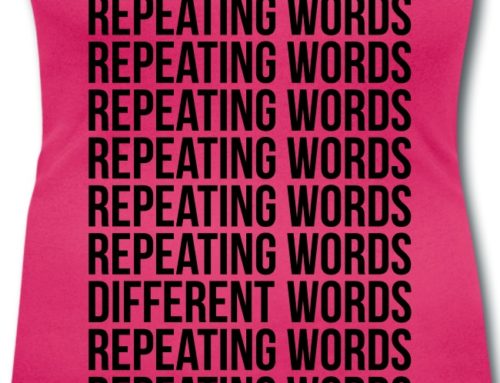
By Drew Robb
I see companies avidly promoting their social media channels. They advertise ways to post things about them on Twitter, Facebook and so on. Those doing so probably believe they are communicating with the world when in fact they may be just whistling into an Internet hurricane.
These same companies often miss the basics of having the front door open. I am speaking figuratively, but it brings up an interesting point. If you went to the address of a company as listed on the website:
- Could you find the place?
- Would anyone receive you when you walked in?
- Would everyone be too busy to pay attention to a mere caller?
In this day and age, I predict that a potential buyer or other caller walking in the front door would be handled poorly in many organizations. I remember walking into a real estate office with a friend a couple of years back and being asked if we had an appointment. We were turned away and told to make an appointment online or call. Here was someone IN THE OFFICE wanting to buy a property. Yet we were dismissed as we didn’t have an appointment. The business went elsewhere.
Your website can also be looked at as a front door. It needs to have a doorbell that someone answers: a channel you can use to connect with someone. About 50% of website don’t have it.
Why? It’s all on automatic now. A bot wants to chat with you as soon as you enter the site. But bots are annoying and often don’t help much. Alternatively, websites offer contact forms as the only way to get in touch. You fill in and a few boxes and submit. It’s rare that anyone gets back to you.
In my job, I want to connect with the PR person. Try going to websites and finding the email of the PR contact. It’s either not there, the email address is hard to locate or it’s an info@ address.
I pointed this out to a media rep today and she was surprised. She looked at her website and realized it was impossible for writers and journalists to contact her. There must be a channel along which communication can flow. Most companies violate this.
Some justify it with security concerns. They don’t want viruses, phishing emails or bots finding their email addresses. Yes, I understand. But a recluse uses the same logic: “If I stay indoors and don’t meet anyone, I won’t get mugged, robbed or scammed.” That person will also be lonely and depressed. No doubt many PRs feel the same way as nobody seems to be picking up their announcements or covering their companies.
Maybe it’s time to look inward:
- Can the world reach you?
- Are you easy to connect with?
- Are press inquires dealt with speedily?
- Are contact forms ever answered?
- Is your info email address a black hole?
Conduct a test. Call up your company and see what happens. If it goes to voice mail, does anyone ever call back? Have a friend walk up to the front door and pretend to be interested in your products or services. How long do they wait and how well are they received? Fill in your online form and see what responses you get (or not). Try to find a way to email the company. Do you get a response? Look for the press contact and attempt to connect. The results may be enlightening.
As a last comment, I’ll wager that a review of the current curricula of PR and communications programs at colleges would reveal that the students get taught mainly social media marketing and branding. Press release format is probably condemned as being, “So 20th century.” They probably don’t teach it anymore and believe that social media dispenses with the need for many other channels. Big mistake.


